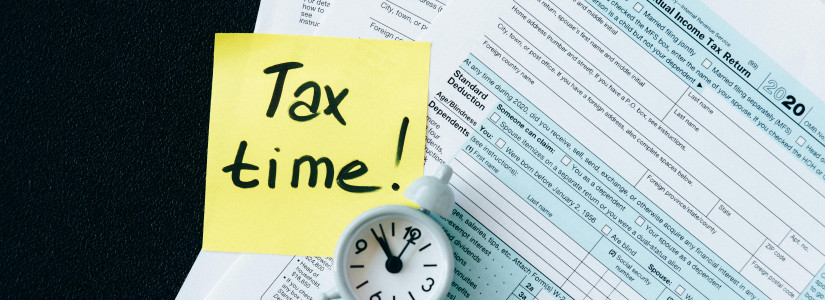Tax Considerations for Business Use of Personal Vehicles

Many business owners and self-employed individuals use their personal vehicles for business purposes.
While this can provide convenience and flexibility, it's essential to understand the tax implications of using personal vehicles for business to maximize deductions and minimize tax liabilities.
Types of Business Vehicle Expenses
-
Deductible Expenses:
- Business owners can deduct various expenses related to the use of personal vehicles for business purposes, including:
- Mileage: The IRS allows a standard mileage deduction for business use of personal vehicles. Alternatively, you can deduct actual expenses such as gas, oil, repairs, insurance, and depreciation.
- Parking and Tolls: Expenses incurred for parking fees and tolls while conducting business are deductible.
- Interest on Car Loans: If you finance your vehicle with a loan, the interest portion of your loan payments may be deductible if the vehicle is used for business purposes.
- Business owners can deduct various expenses related to the use of personal vehicles for business purposes, including:
-
Non-Deductible Expenses:
- Personal commuting expenses, such as driving from home to your regular place of business, are not deductible. However, commuting expenses between different work locations or for business-related travel are deductible.
Methods of Calculating Deductions
-
- The IRS sets a standard mileage rate each year for calculating the deductible costs of operating a vehicle for business purposes. For 2024, the standard mileage rate is 58.5 cents per mile.
- To claim this deduction, keep accurate records of business miles driven throughout the year, including dates, destinations, and purposes.
-
Actual Expenses Method:
- Alternatively, you can deduct the actual expenses of operating your vehicle for business purposes. This includes costs such as gas, oil, repairs, insurance, registration fees, and depreciation.
- Keep detailed records of all expenses related to your vehicle, including receipts and invoices, to support your deduction claims.
Record-Keeping Requirements
Regardless of the method you choose, maintaining accurate records is essential for substantiating your deduction claims in case of an IRS audit.
Keep a mileage log or use a mileage tracking app to record business miles driven, along with dates, destinations, and purposes.
Retain receipts and invoices for all vehicle-related expenses to support your deduction claims.
Depreciation and Section 179 Deduction
If you own your vehicle and use it for business purposes, you may be able to deduct depreciation expenses over time.
Alternatively, you may qualify for the Section 179 deduction, which allows you to deduct the full cost of qualifying property, including vehicles, in the year it is placed in service.
Considerations for Employees
If you are an employee who uses your personal vehicle for business purposes, you may be able to claim unreimbursed employee business expenses as a miscellaneous itemized deduction on your tax return.
However, the Tax Cuts and Jobs Act (TCJA) suspended miscellaneous itemized deductions subject to the 2% of adjusted gross income (AGI) floor for tax years 2018 through 2025, which may limit the deductibility of these expenses.
Conclusion
Understanding the tax considerations for using personal vehicles for business purposes can help business owners and self-employed individuals maximize deductions and minimize tax liabilities.
Whether you choose the standard mileage rate or actual expenses method, keeping accurate records and understanding IRS rules and requirements is essential for substantiating your deduction claims and ensuring compliance with tax laws.
Consider consulting with a tax professional for personalized advice and guidance tailored to your specific situation.
Must Reads:











